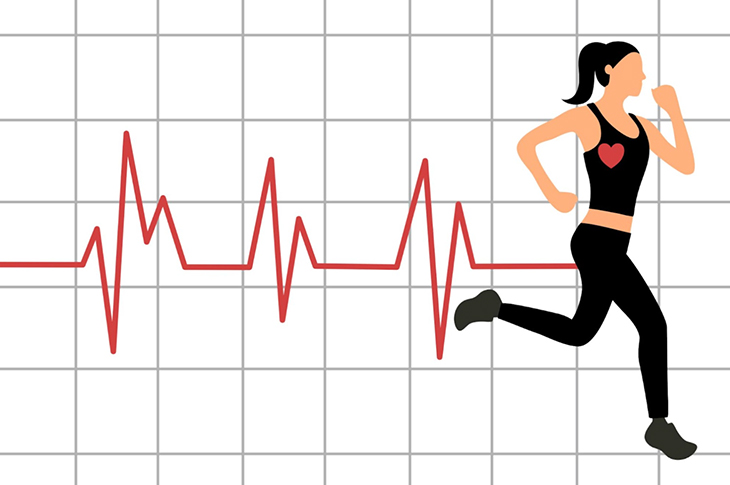**Research Findings: Fitbit Users Enhance Their Health by Meeting Physical Activity Goals**
**Physical Activity and Resting Heart Rate Improvements**
One of the primary focuses of the research conducted by Fitbit was the impact of meeting physical activity recommendations on individuals’ resting heart rates. The findings revealed a direct correlation between regular exercise and improved heart health. Users who consistently achieved their physical activity goals showed a significant decrease in resting heart rate over time compared to those who did not meet these goals. This result underscores the importance of incorporating regular exercise into one’s lifestyle for maintaining a healthy heart.
**Sleep Quality Enhancements**
In addition to benefits for heart health, meeting physical activity recommendations also positively impacted users’ sleep quality. The research indicated that individuals who engaged in sufficient physical activity experienced better sleep patterns and improved sleep efficiency. By meeting or exceeding the recommended activity levels, users were able to enjoy more restful and rejuvenating sleep, leading to enhanced overall well-being.
**Behavioral Insights and User Engagement**
Fitbit’s research further delved into the behavioral aspects of physical activity engagement among users. The findings highlighted the importance of consistent and personalized feedback in motivating individuals to meet their activity goals. By utilizing features such as goal tracking, progress monitoring, and social support within the Fitbit platform, users were more likely to stay committed to their fitness routines and achieve better health outcomes.
**Integrating Technology for Health Monitoring**
The research outcomes underscore the role of wearable technology, such as Fitbit devices, in promoting and sustaining healthy behaviors. By leveraging the data and insights provided by these devices, users can make informed decisions about their health and wellness. Fitbit’s emphasis on real-time tracking and personalized feedback empowers individuals to take charge of their physical activity levels and strive for continuous improvement in their health metrics.
**Implications for Public Health Initiatives**
The implications of Fitbit’s research findings extend beyond individual wellness to broader public health initiatives. By demonstrating the positive impact of meeting physical activity recommendations on key health indicators, such as resting heart rate and sleep quality, these findings can inform policy efforts aimed at promoting active lifestyles and reducing the burden of chronic diseases. Encouraging widespread adoption of technology-driven fitness solutions can pave the way for a healthier and more active society.
In conclusion, Fitbit’s research findings offer valuable insights into the benefits of meeting physical activity recommendations for enhancing heart health, sleep quality, and overall well-being. By leveraging wearable technology and behavioral strategies, individuals can take proactive steps towards improving their health outcomes and leading a more active lifestyle. As we continue to prioritize health and wellness, integrating fitness tracking technologies into daily routines can play a pivotal role in achieving long-term health goals.

